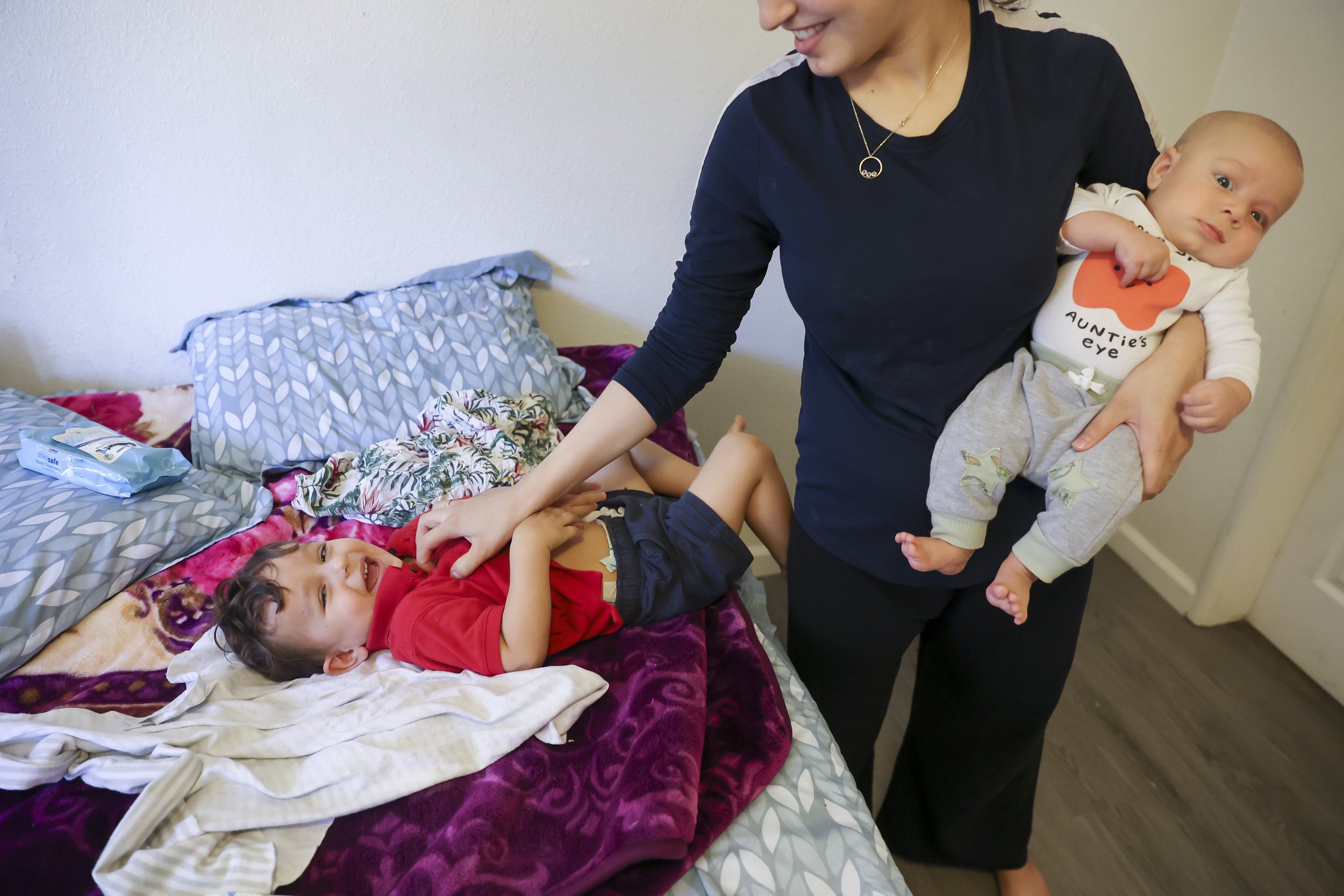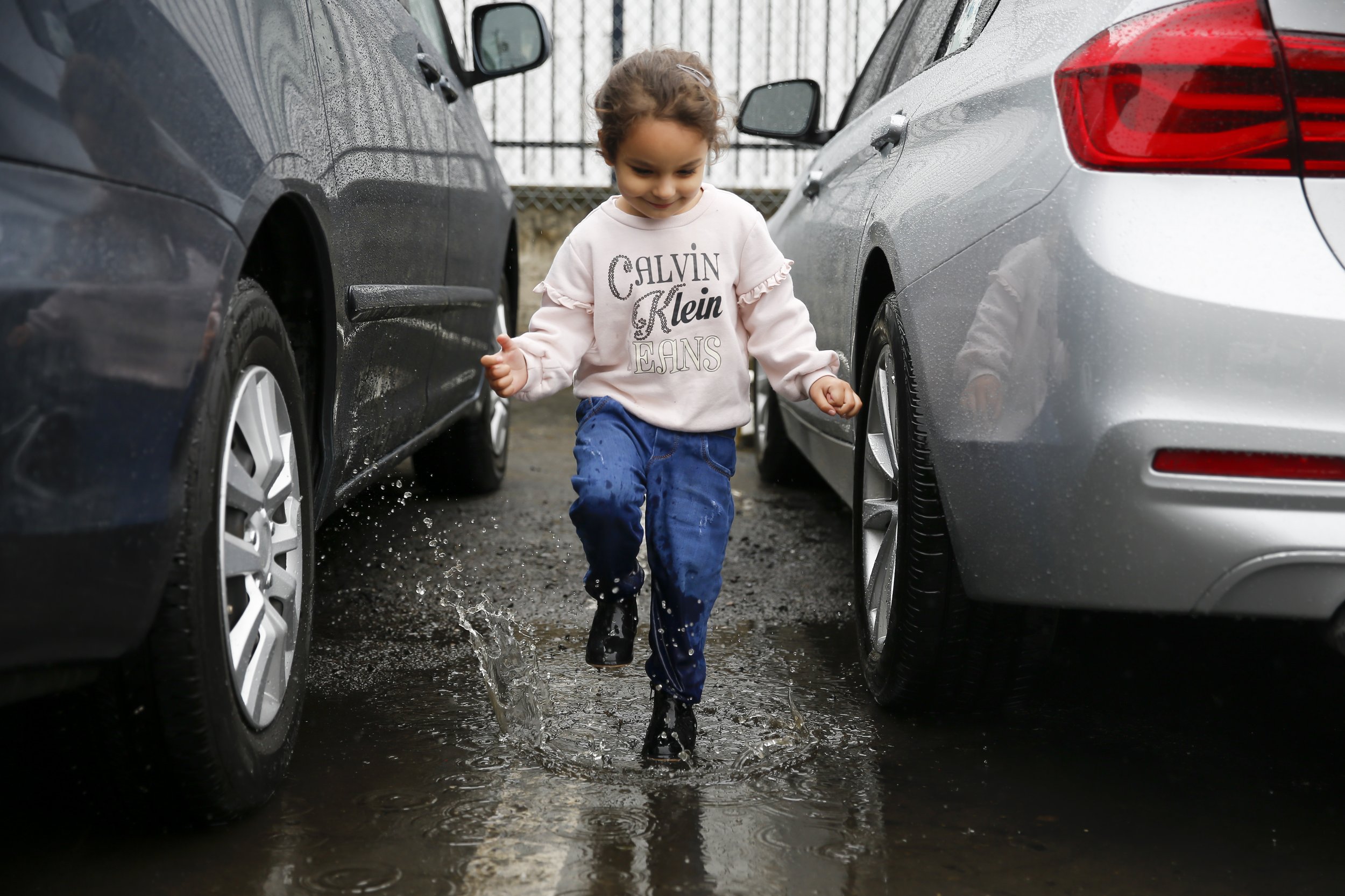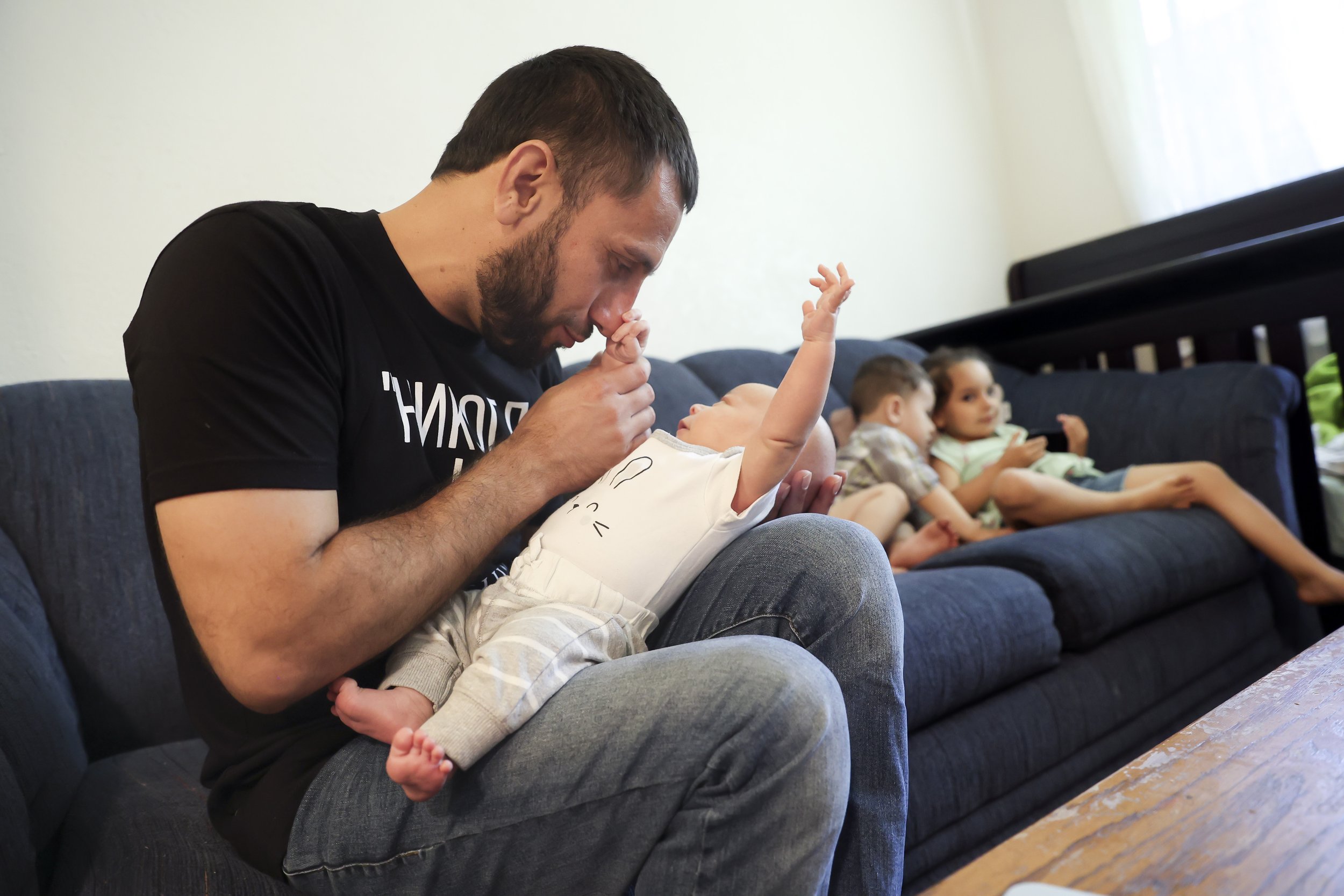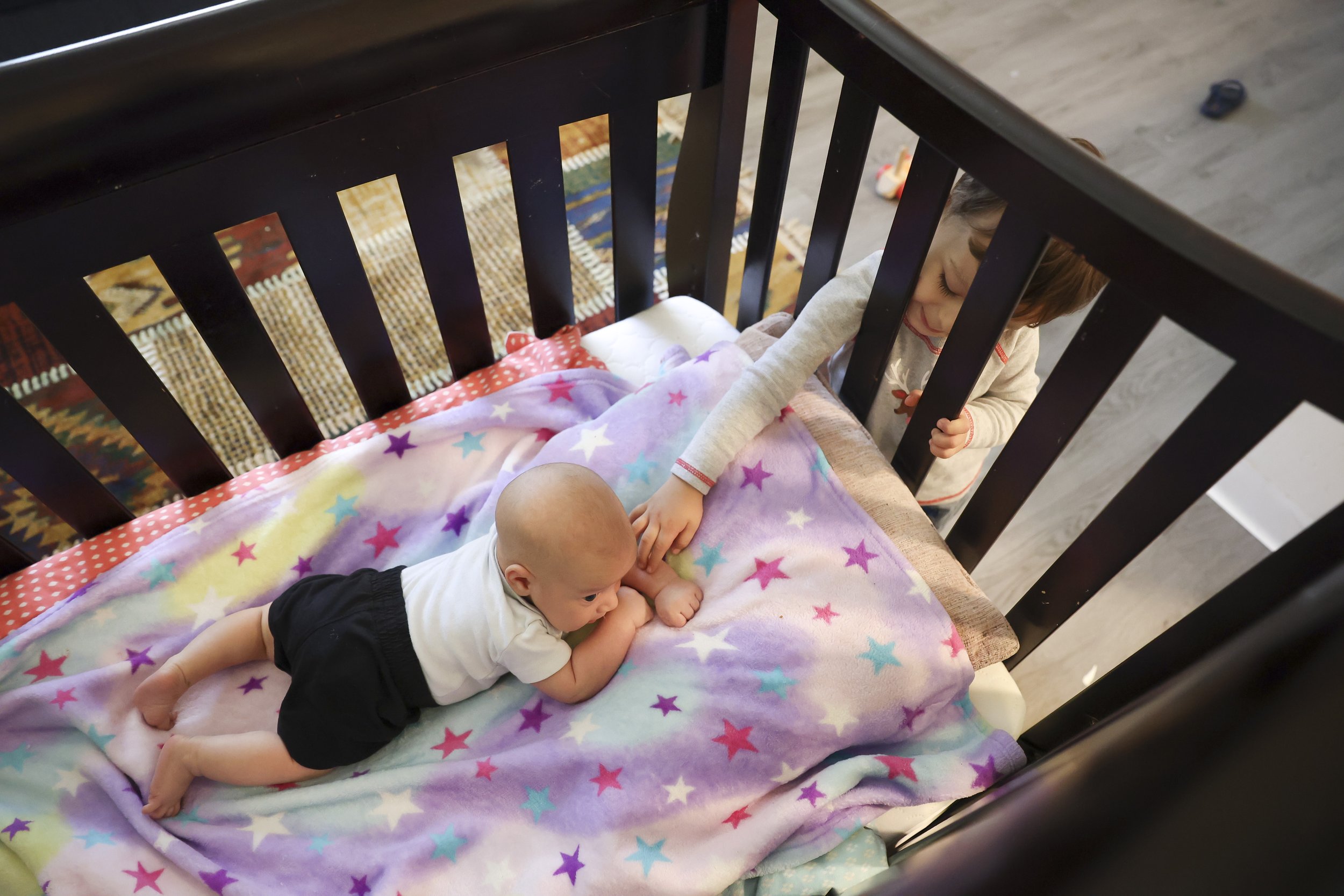A year of struggle as an Afghan family builds a new life in California
Photographs by Brittany Hosea-Small, Reporting by Brittany Hosea-Small and Kristina Cooke
Story originally published by Thompson Reuters News Agency
Najib Mohammadi had high hopes for his life in the United States when he, his pregnant wife Susan and two small children left Afghanistan in July 2021.
But for most of the past year, the family has lived in a cockroach-infested, one-bedroom apartment in Sacramento unable to find affordable housing in California’s capital. He has struggled to find work.
The former interpreter for the U.S. military arrived last year under the Special Immigrant Visa (SIV) program, just two weeks before tens of thousands of his fellow Afghans were evacuated when Kabul fell to the Taliban. Mohammadi, 37, feels lucky he is safe and knows he is better off than others: he speaks English and the SIV program gives his family a pathway to citizenship. But “it’s a really hard life,” he said.
Earlier this year, an Afghan evacuee living in Pennsylvania whom Mohammadi had trained in the Afghan army called and asked him if life was easier in Sacramento. Mohammadi told him: Don’t come, there’s no housing.
Reuters has followed the Mohammadi family for their first year in the United States, witnessing their ups and downs as they rebuilt their lives.
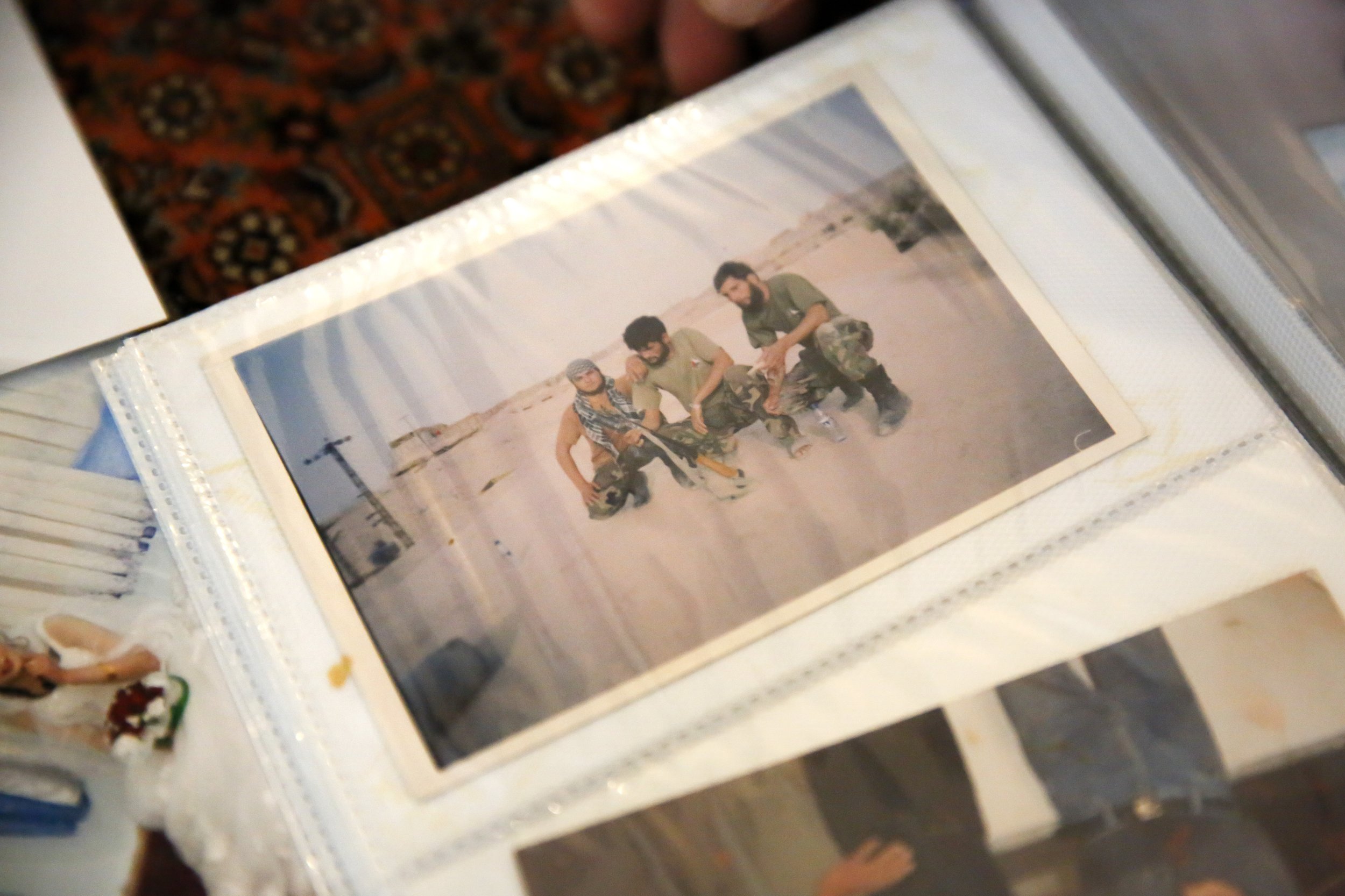
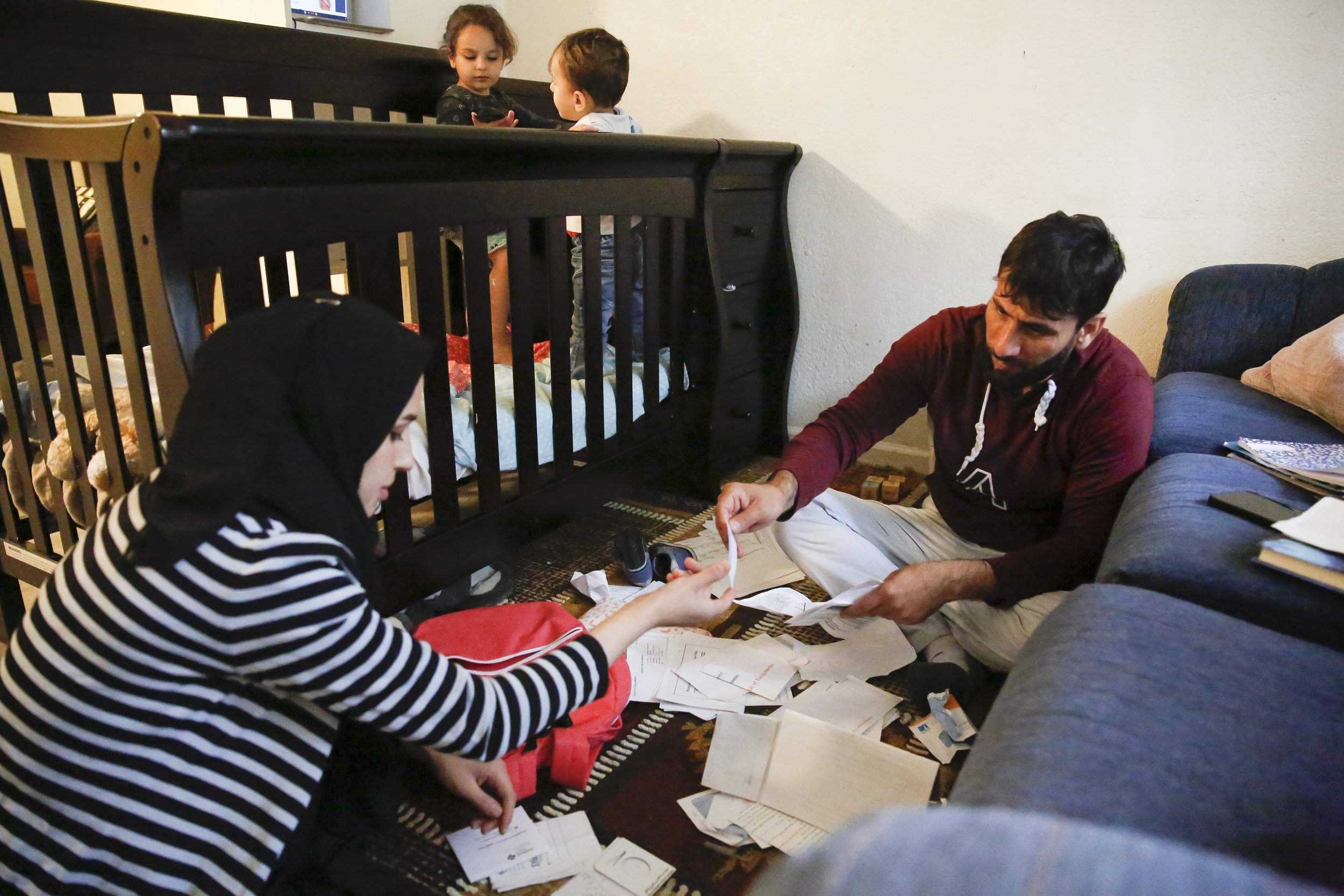
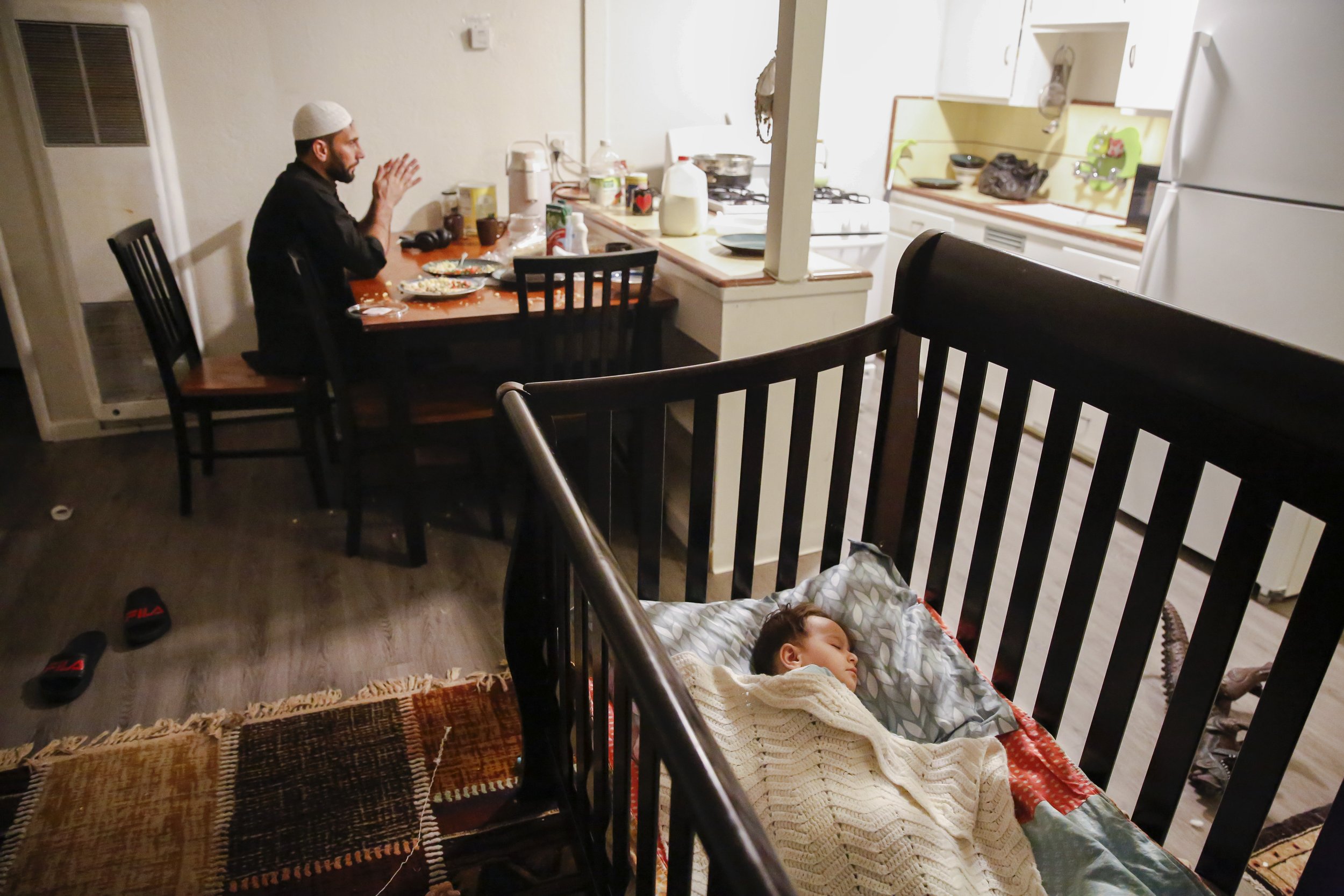
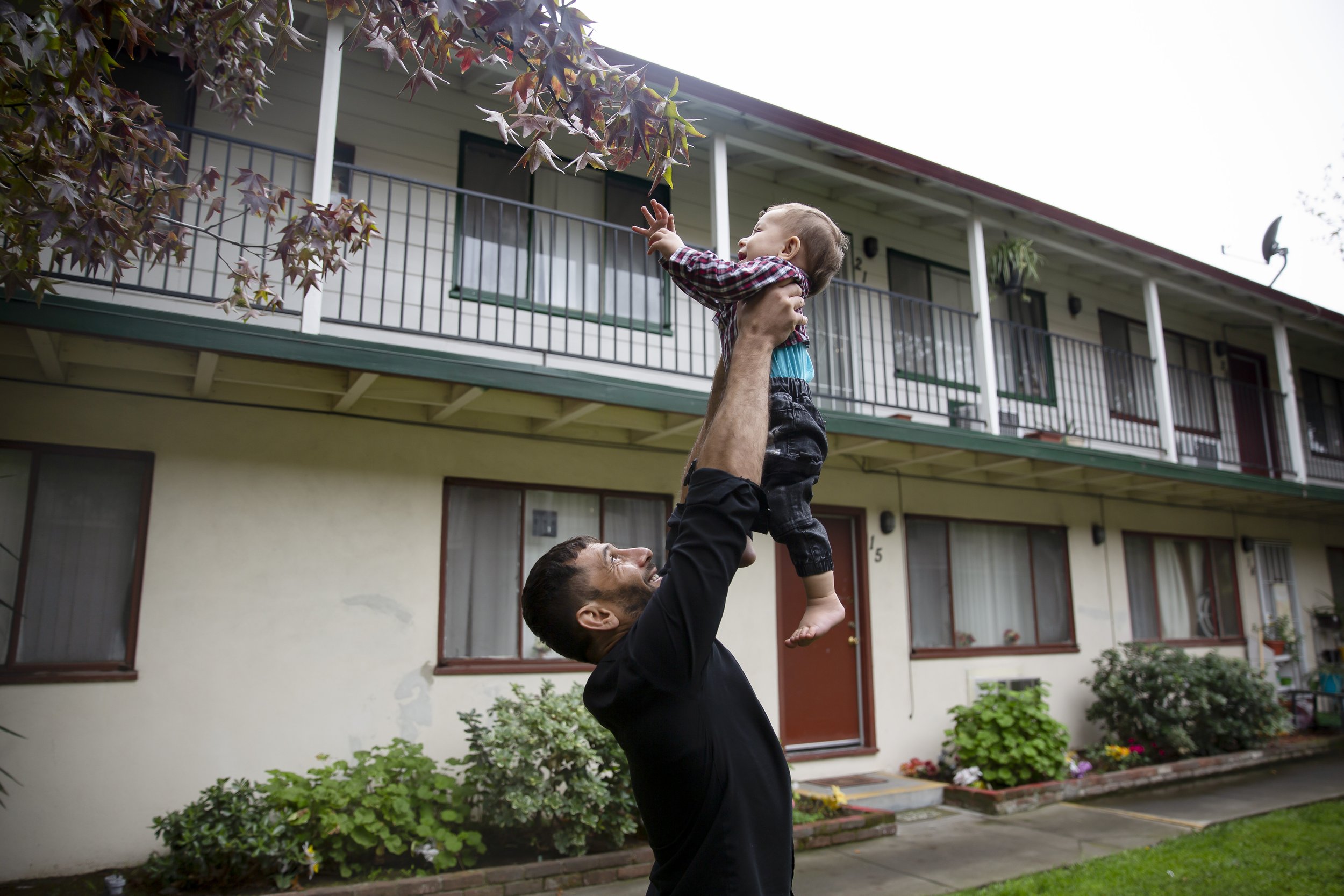
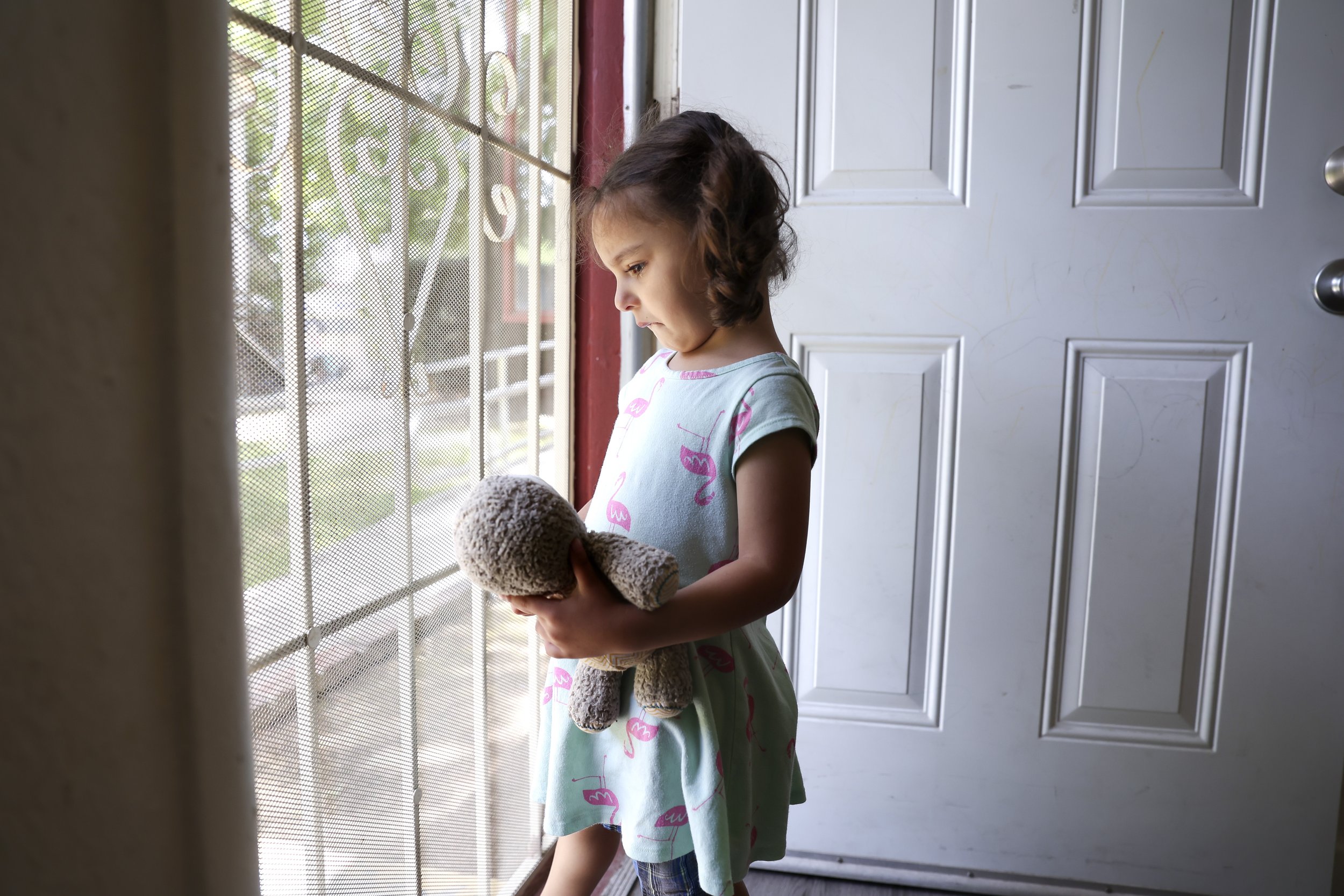
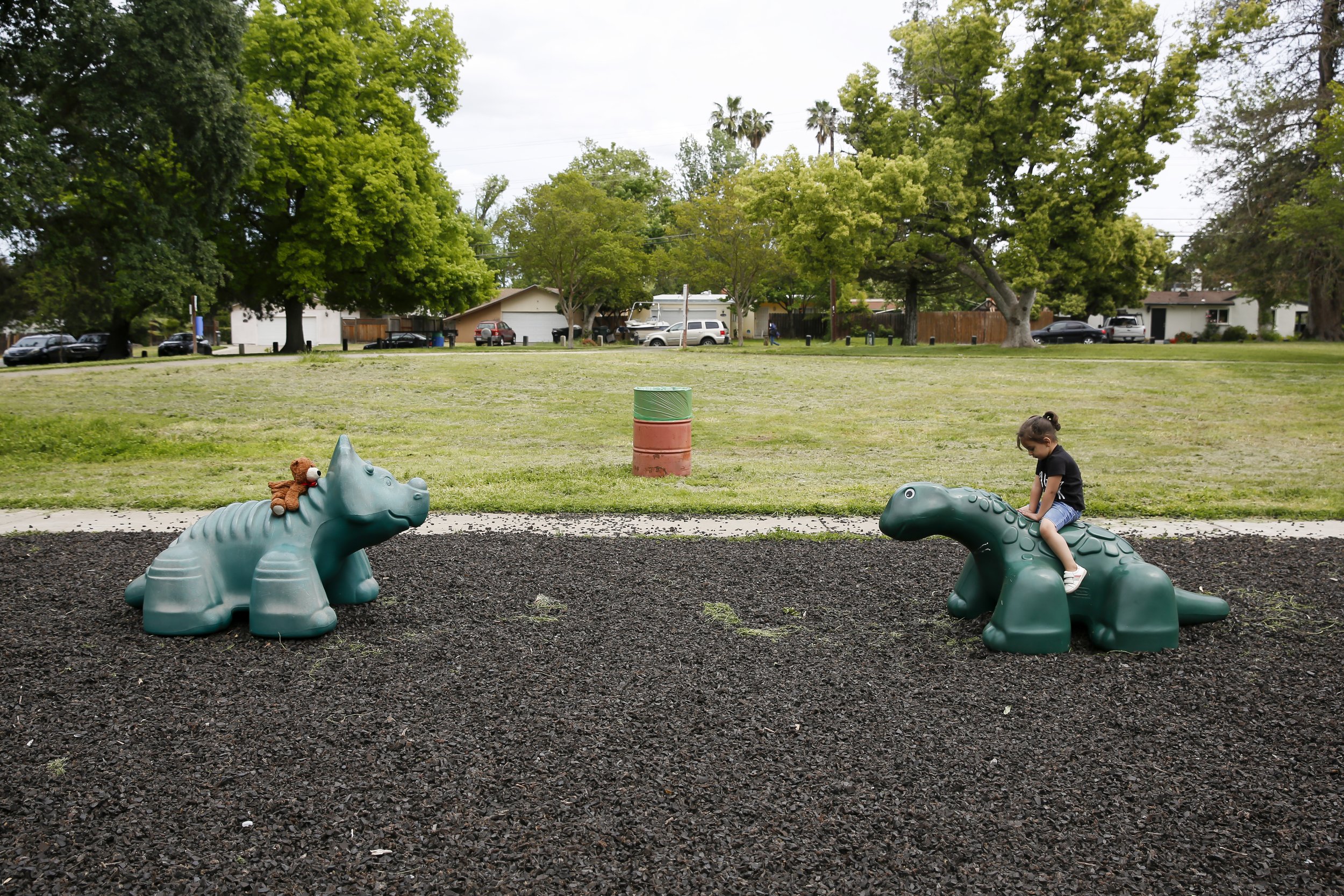
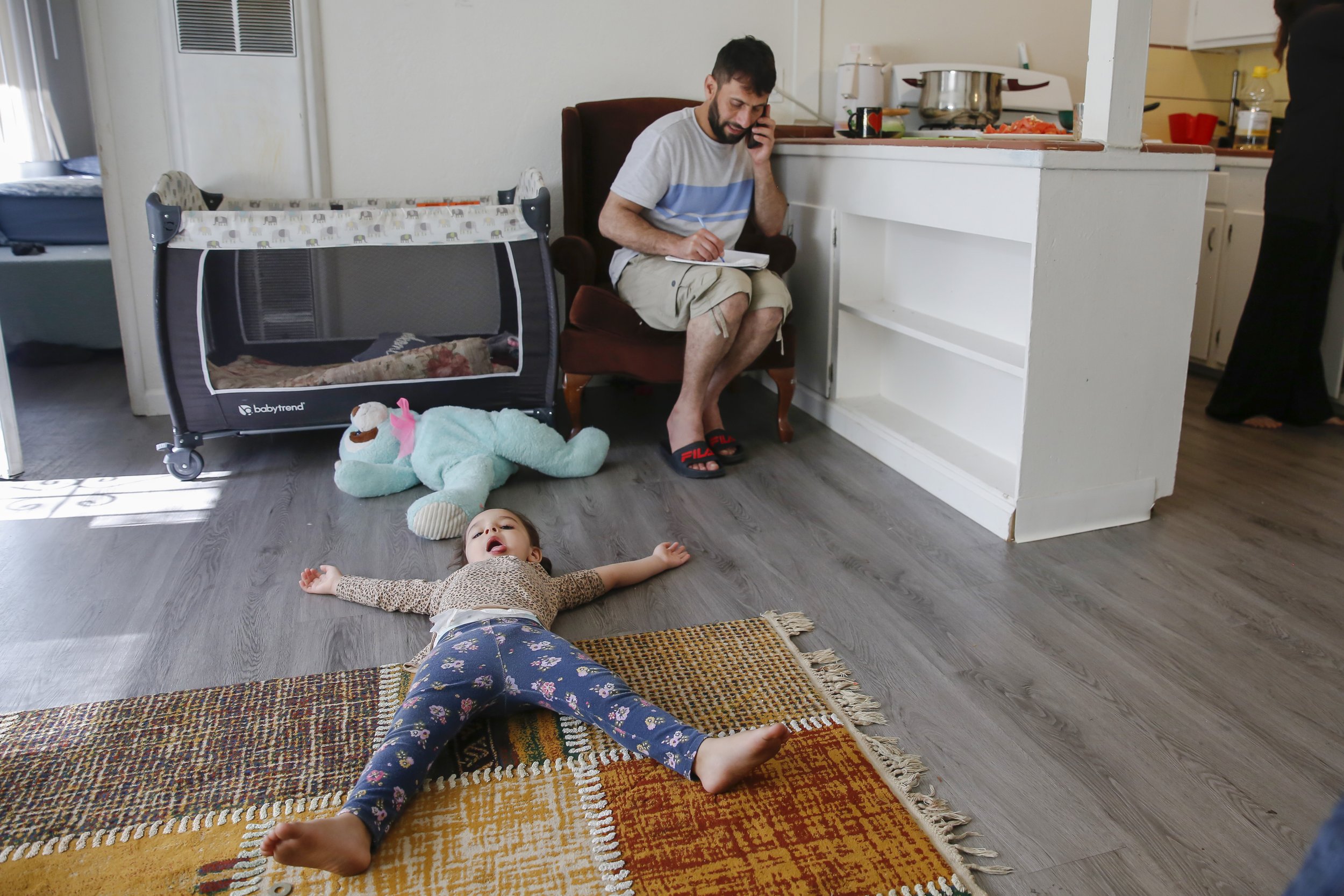
‘EDUCATION IS LIKE OXYGEN’
In October, Mohammadi found a job logging the repair needs of damaged electronics - the pay was regular and he thought he was finally on the path to stability.
But the company wouldn’t allow him to have a phone on him while he worked, and he worried about his pregnant wife, Susan, home alone with their two children, Yasar, 1, and Zahra, 2 at the time. Susan told him she was worried too. One day in December, he arrived home to find her passed out on the floor with the children playing around her, he said. She hadn’t been able to reach him when she started feeling unwell.
He resigned that day.
This spring, Mohammadi enrolled in adult education classes to get his high school-equivalency diploma. Susan, once she learns English, wants to study medicine, which would not have been possible in Taliban-ruled Afghanistan. “Education is like oxygen, like food. It’s necessary for men and women,” Mohammadi said.
They have discussed enrolling Zahra in preschool, but Susan is worried her English is not yet strong enough to communicate her needs to teachers. She has picked up some English from cartoons, and she has started responding with “OK!” and two thumbs up when her parents speak to her in Dari, one of the official languages of Afghanistan.
Once his financial situation is more stable, Mohammadi also hopes to be able to afford therapy to deal with trauma from his army days. He remembers the cries of women and children when he would enter houses looking for insurgents and is relieved his kids will have different lives.
As he walked through a Sacramento park with his family this spring, he gestured at the quiet green lawn, noting how peaceful it was.
“I was born in war, and lived war,” he said. “The biggest blessing in life is security.”
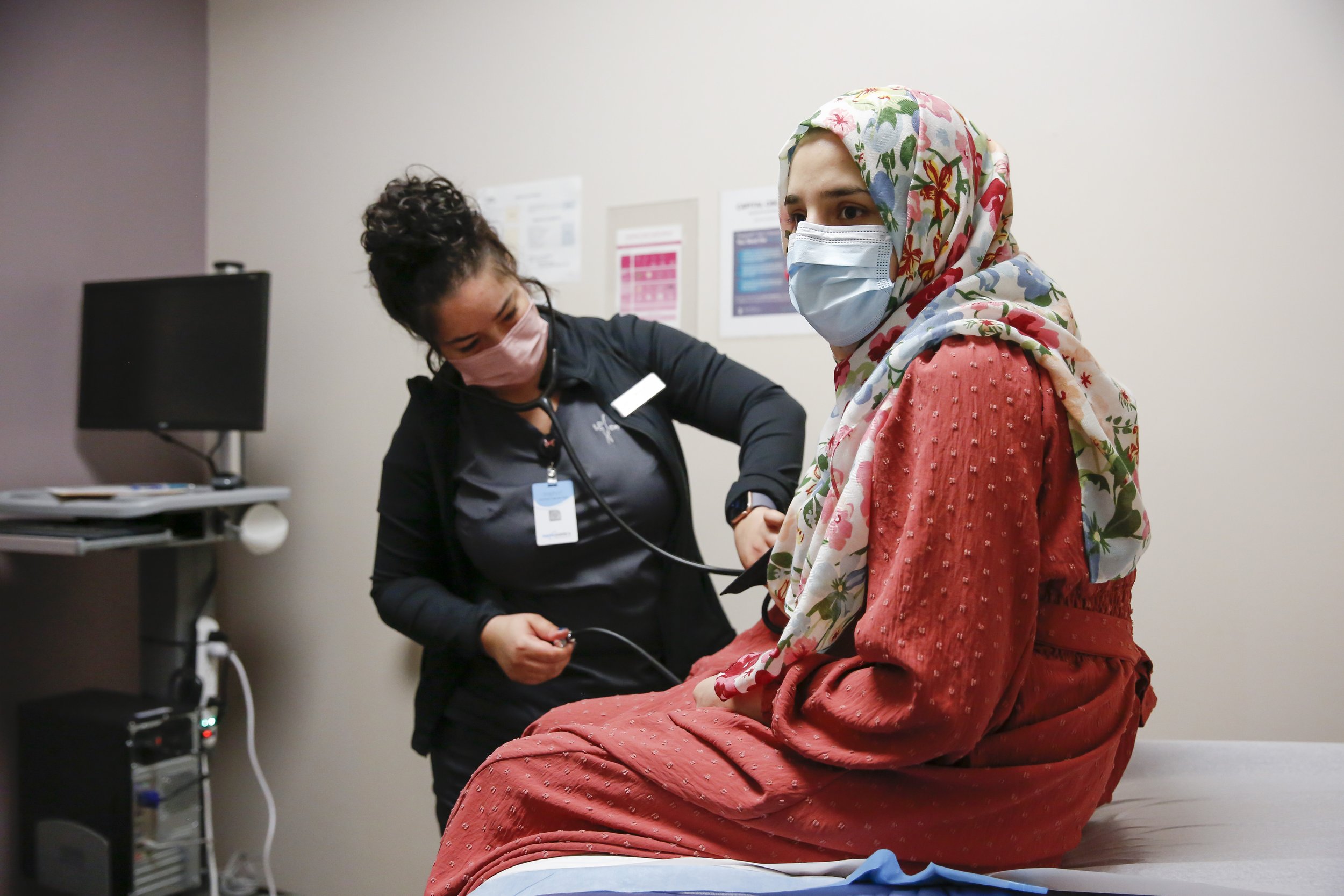
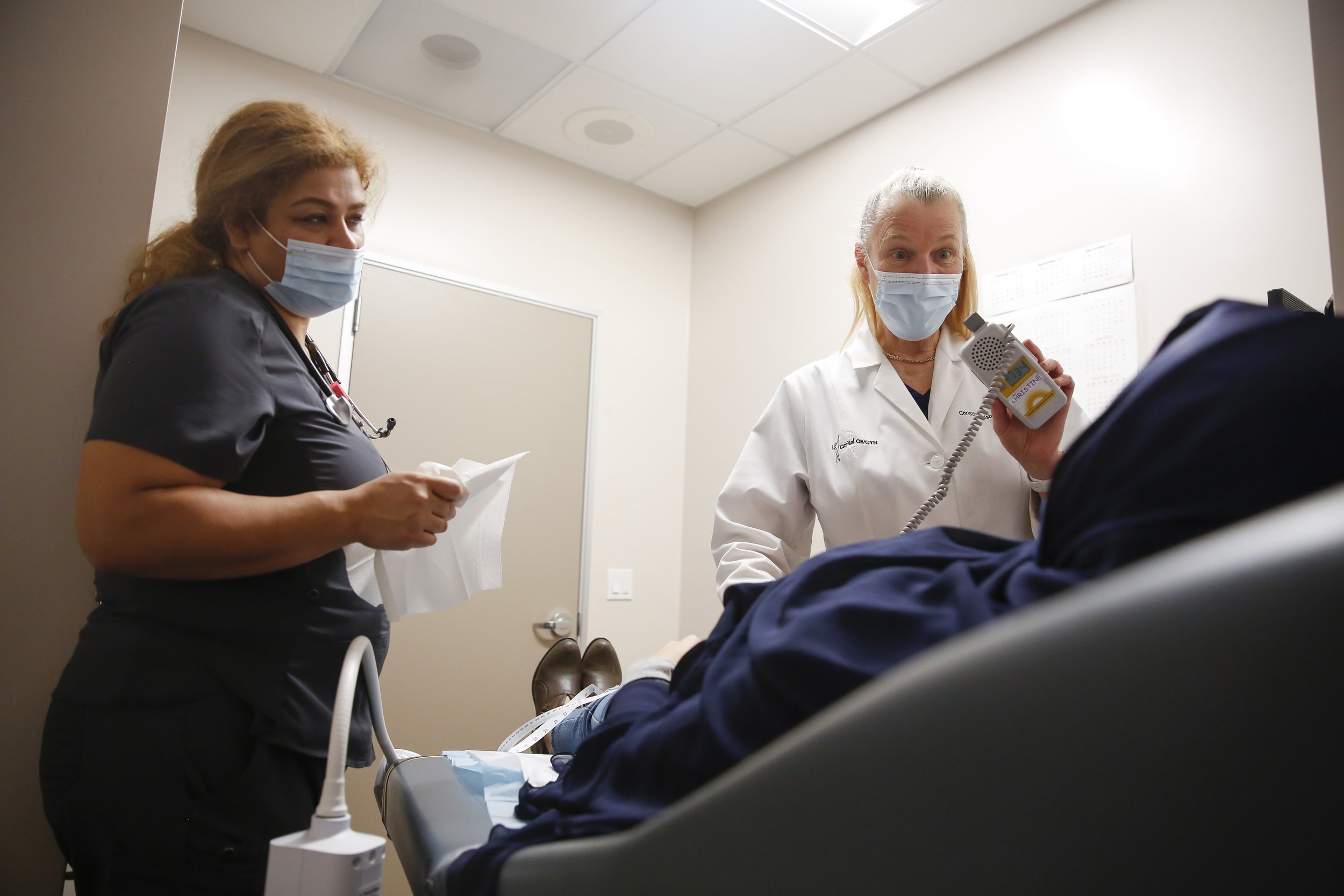

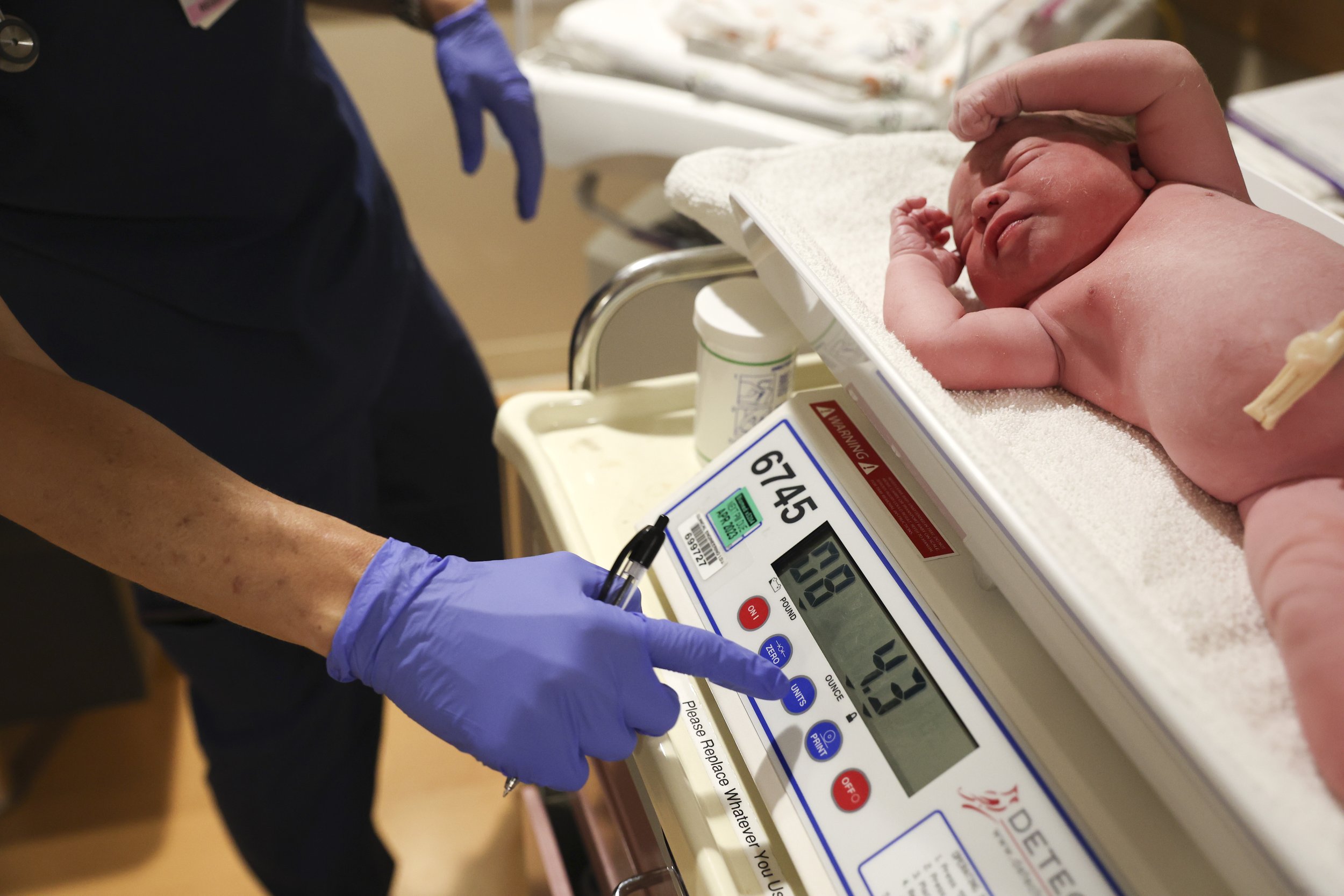
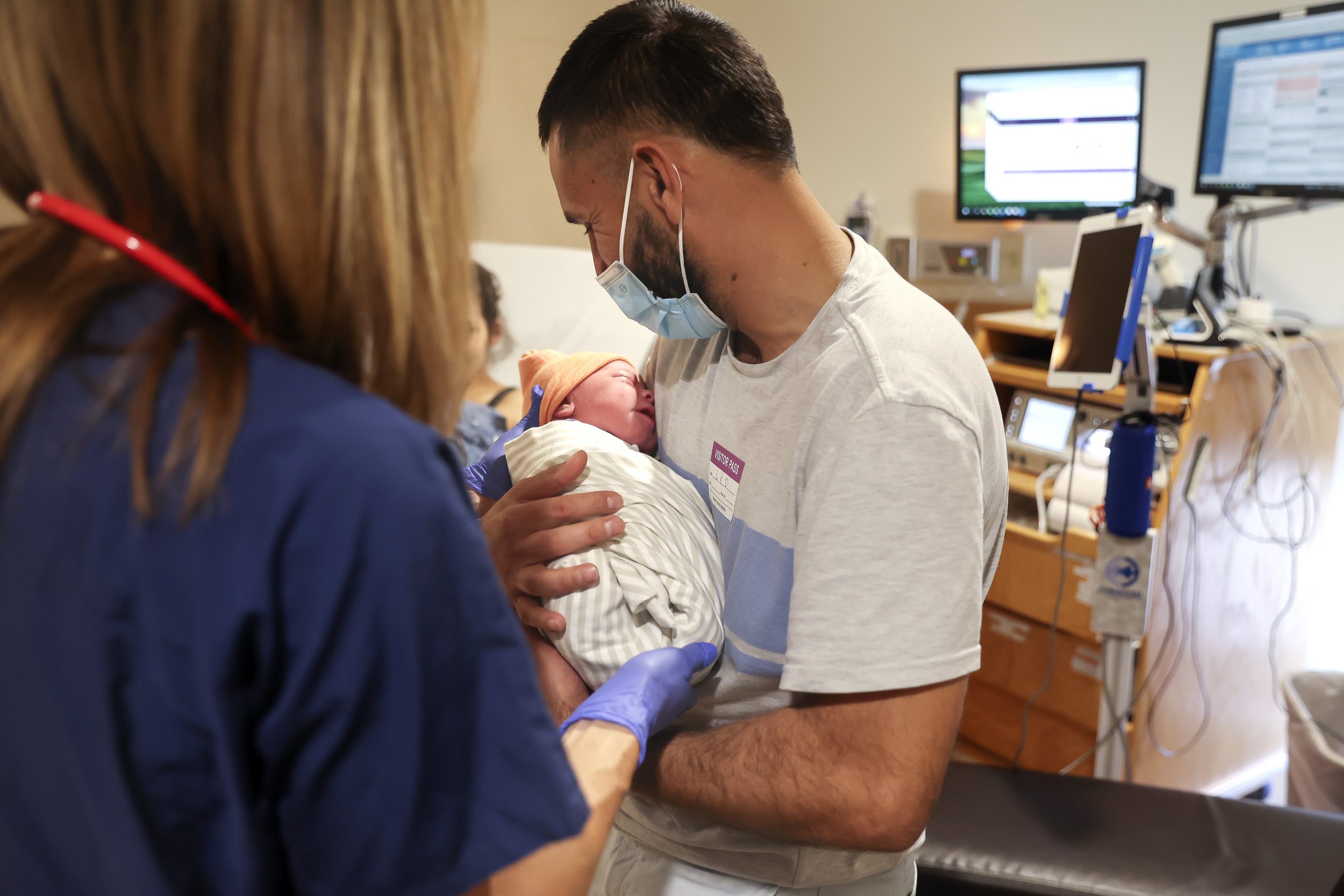
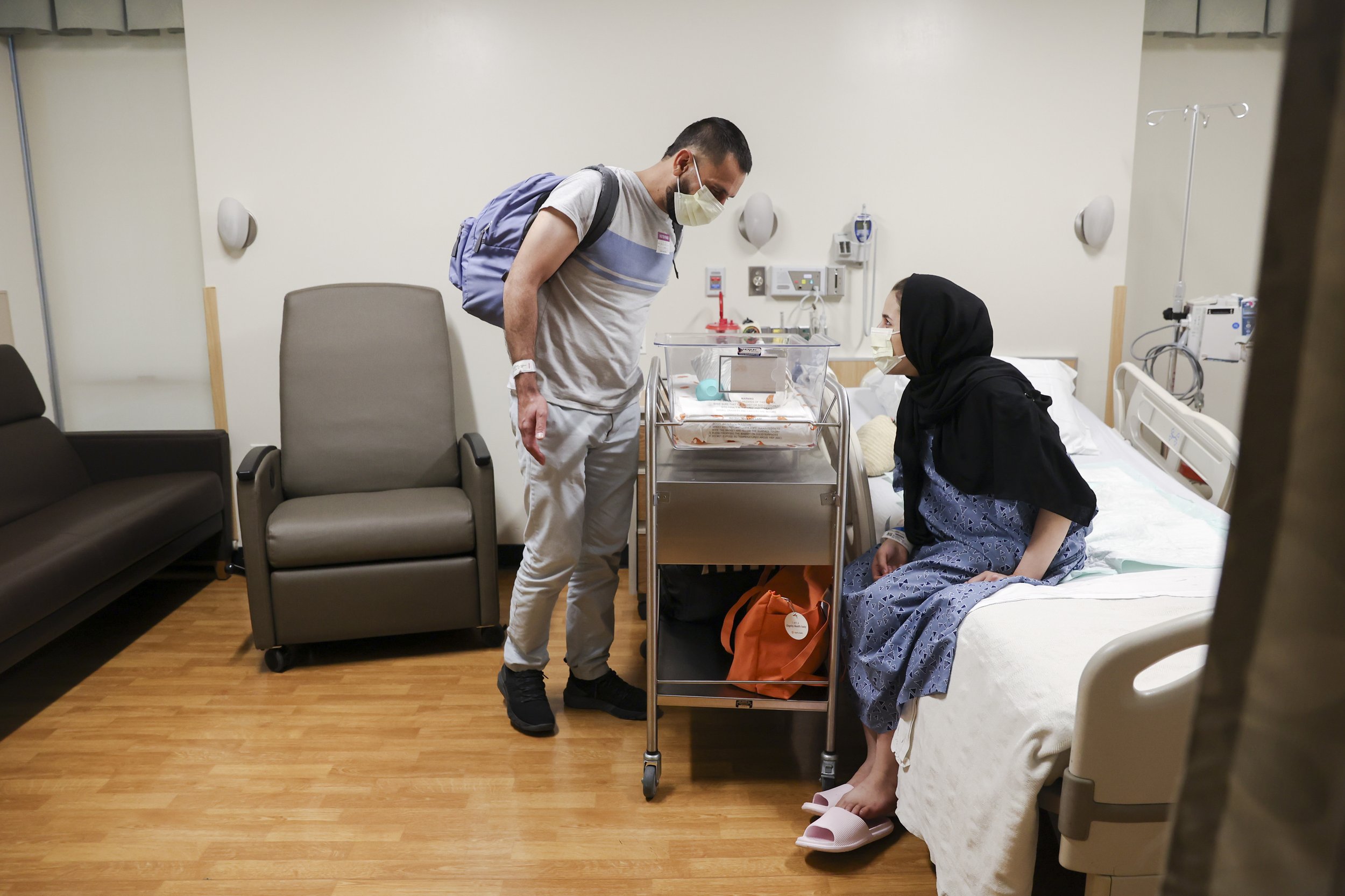
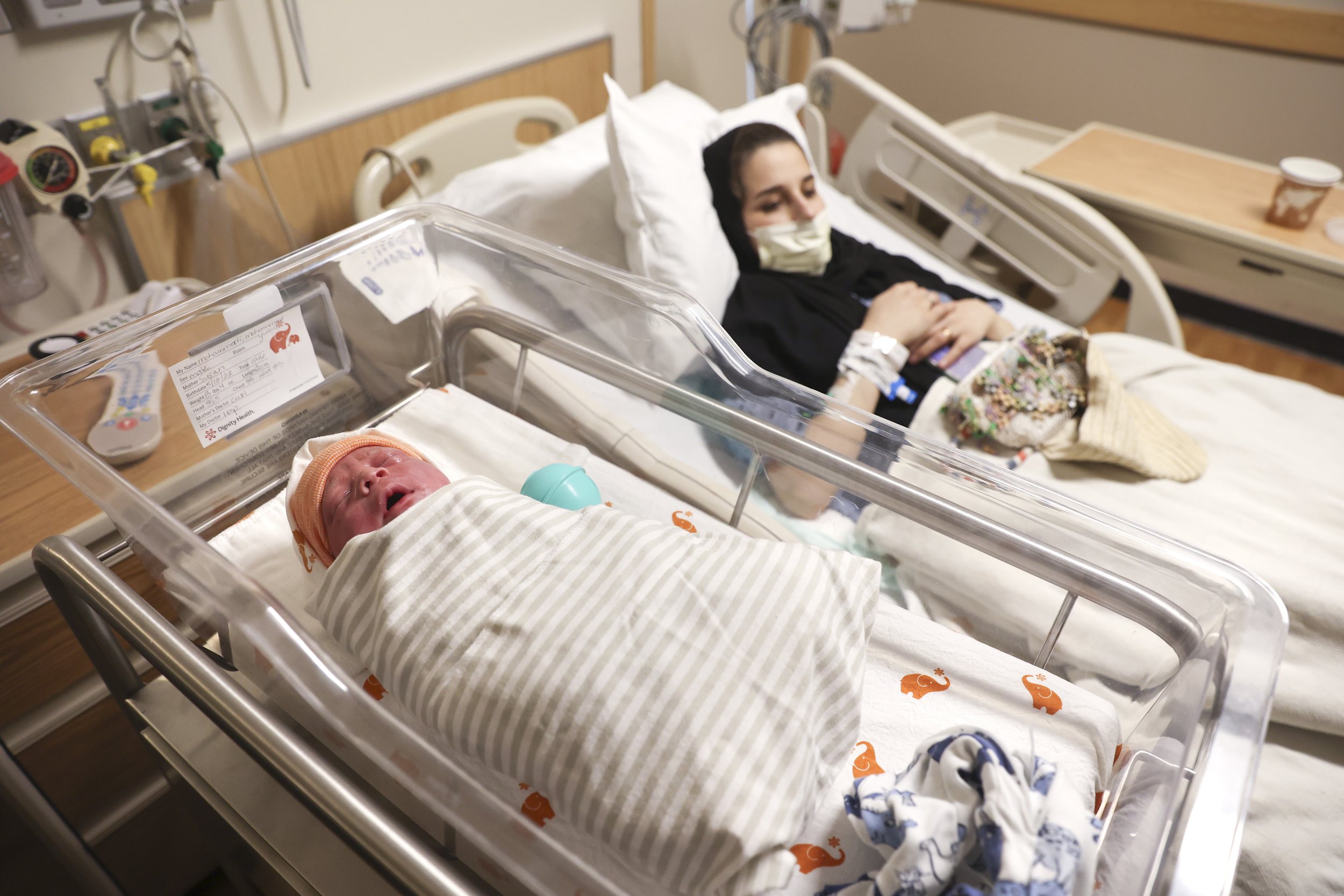
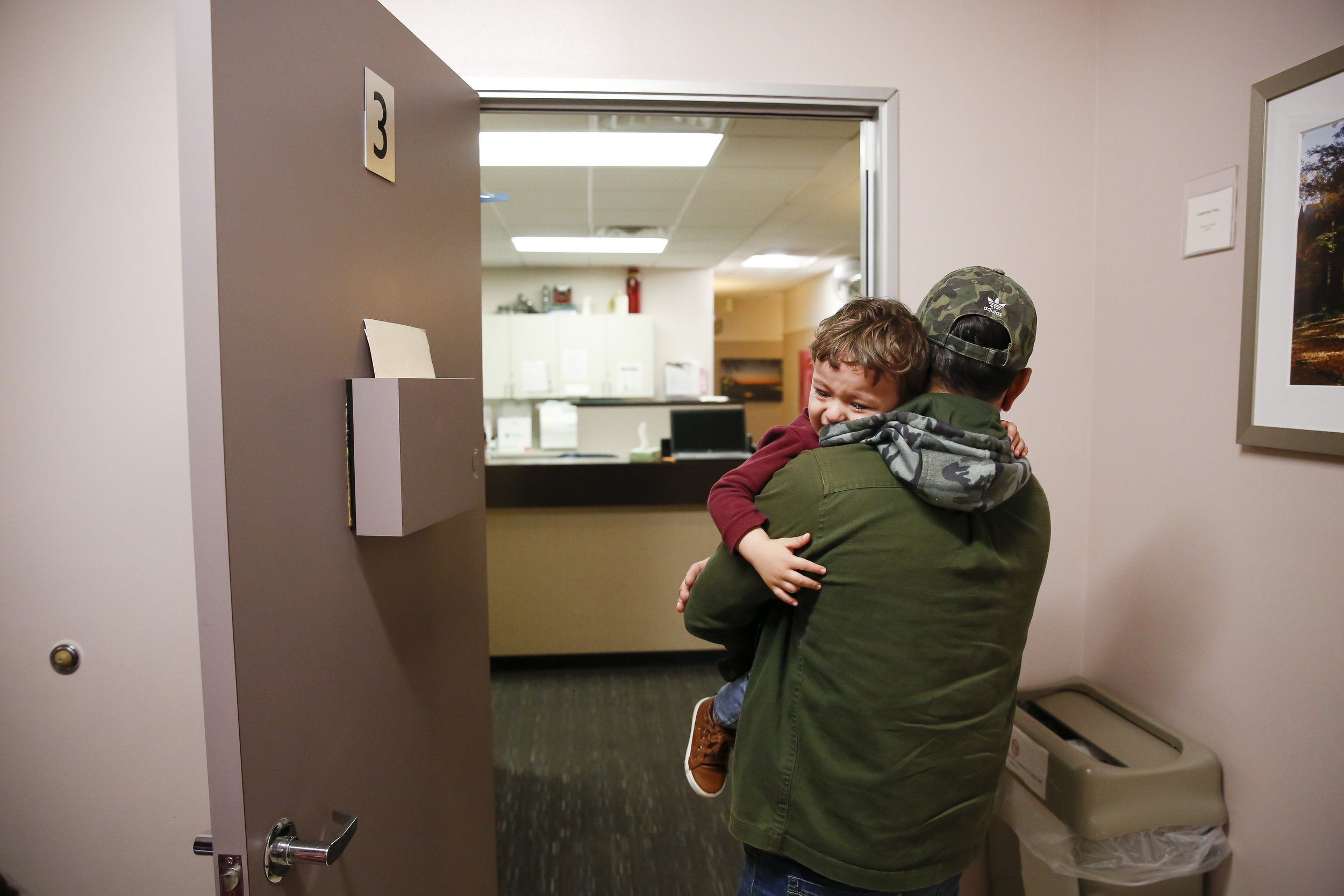
BABY ‘100% AMERICAN’
As Susan’s pregnancy progressed, Mohammadi spent hours trying to navigate U.S. hospital bureaucracy, to ensure that his wife would have a female doctor when she gave birth, a religious and cultural non-negotiable for them. “The system is very complicated. I’m not used to it, and it almost makes me feel dizzy sometimes,” he said at the time.
But after Susan’s water broke in May, on the day of her scheduled induction, they arrived at the hospital and learned her doctor was male. With Susan in labor, they drove 30 minutes to another hospital with a female doctor on duty.
“I told Najib I will not allow my doctor to be a man even if I die,” she said. “Najib said that the merciful God will solve our problem. I got energy from his words.”
Their baby, Yusuf, was born healthy and “100% American.” Susan jokingly calls the baby “Mr. President.”
A few weeks after Susan gave birth, Mohammadi helped another family with a newborn navigate hospital and benefits bureaucracy. In July, Mohammadi took them shopping and shared his groceries with them.
Throughout the year he was upset and frustrated as he received pleading calls from former Afghan colleagues who worked for U.S. forces, he said, asking him to tell U.S. officials they were still in Afghanistan and stress the need to get them out. Mohammadi didn’t know how to explain that there was nothing he could do.
Some of his former colleagues in Afghanistan now say they wish they had not put their lives at risk for U.S. forces, he said.
He is also disappointed, he said, that he has not received more help in the United States, especially with housing. Mohammadi has been trying to find an alternative apartment, but most landlords required more references and income statements than he is able to provide.
Nonprofits that help refugees resettle were overwhelmed by the spike in Afghan arrivals.
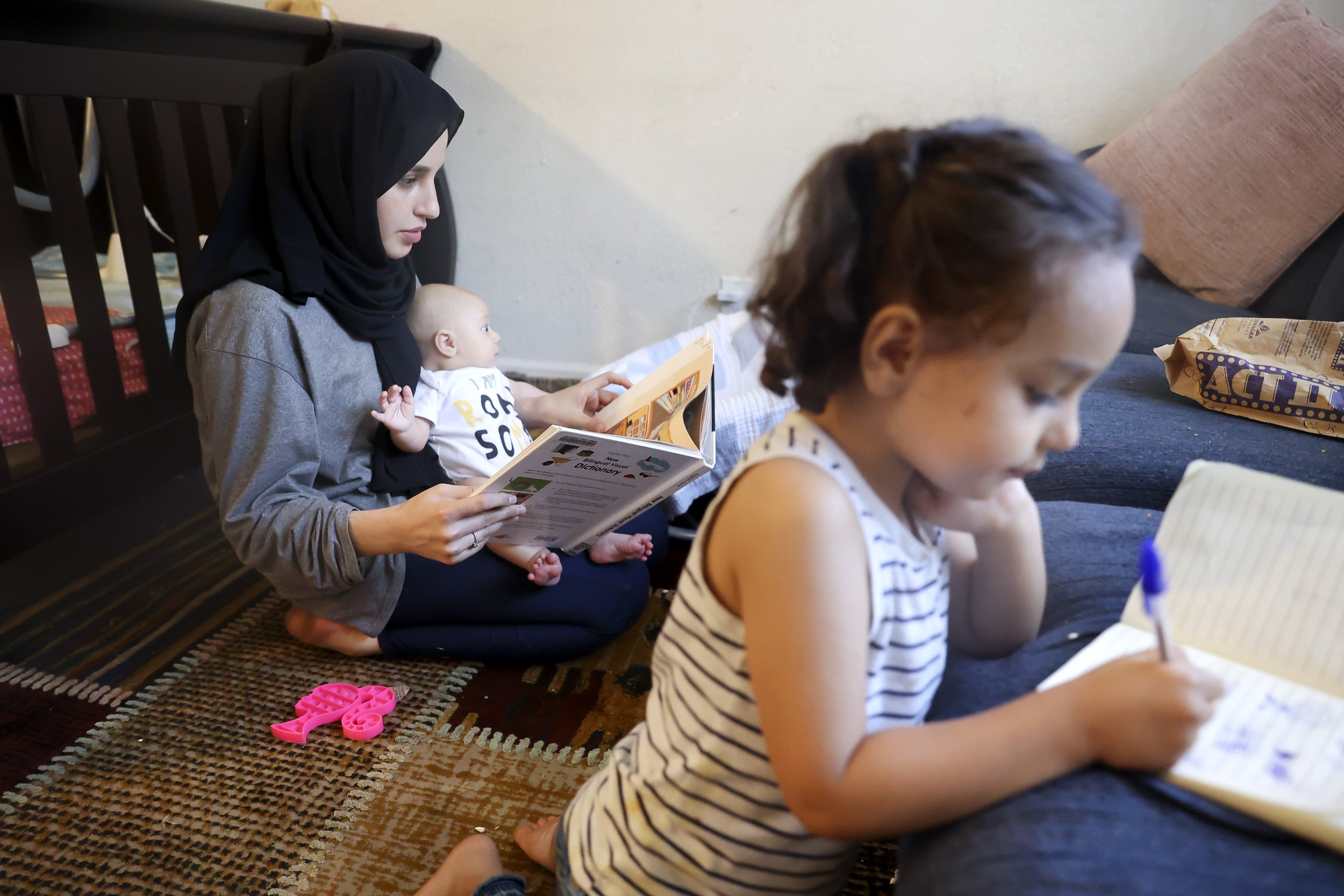
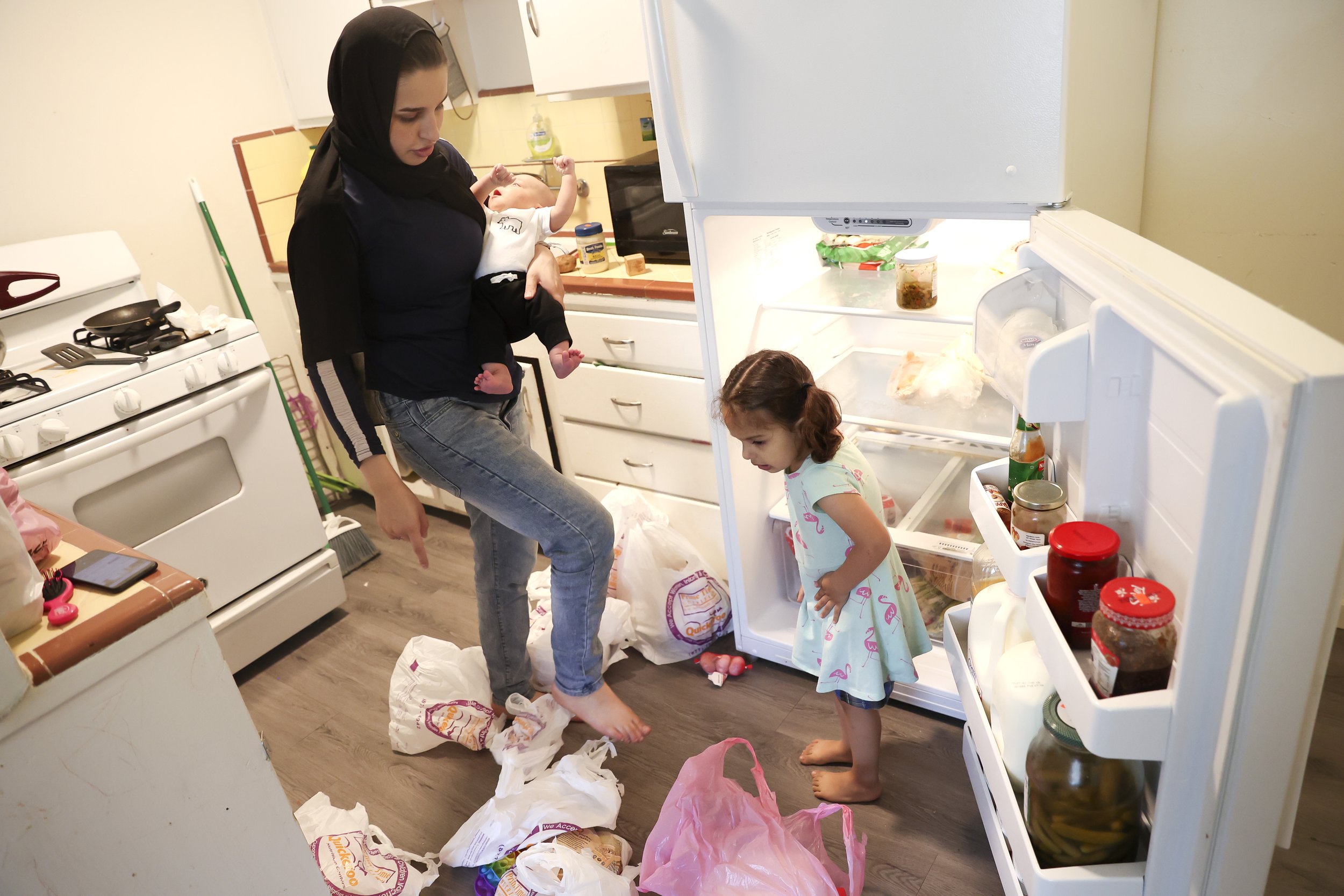
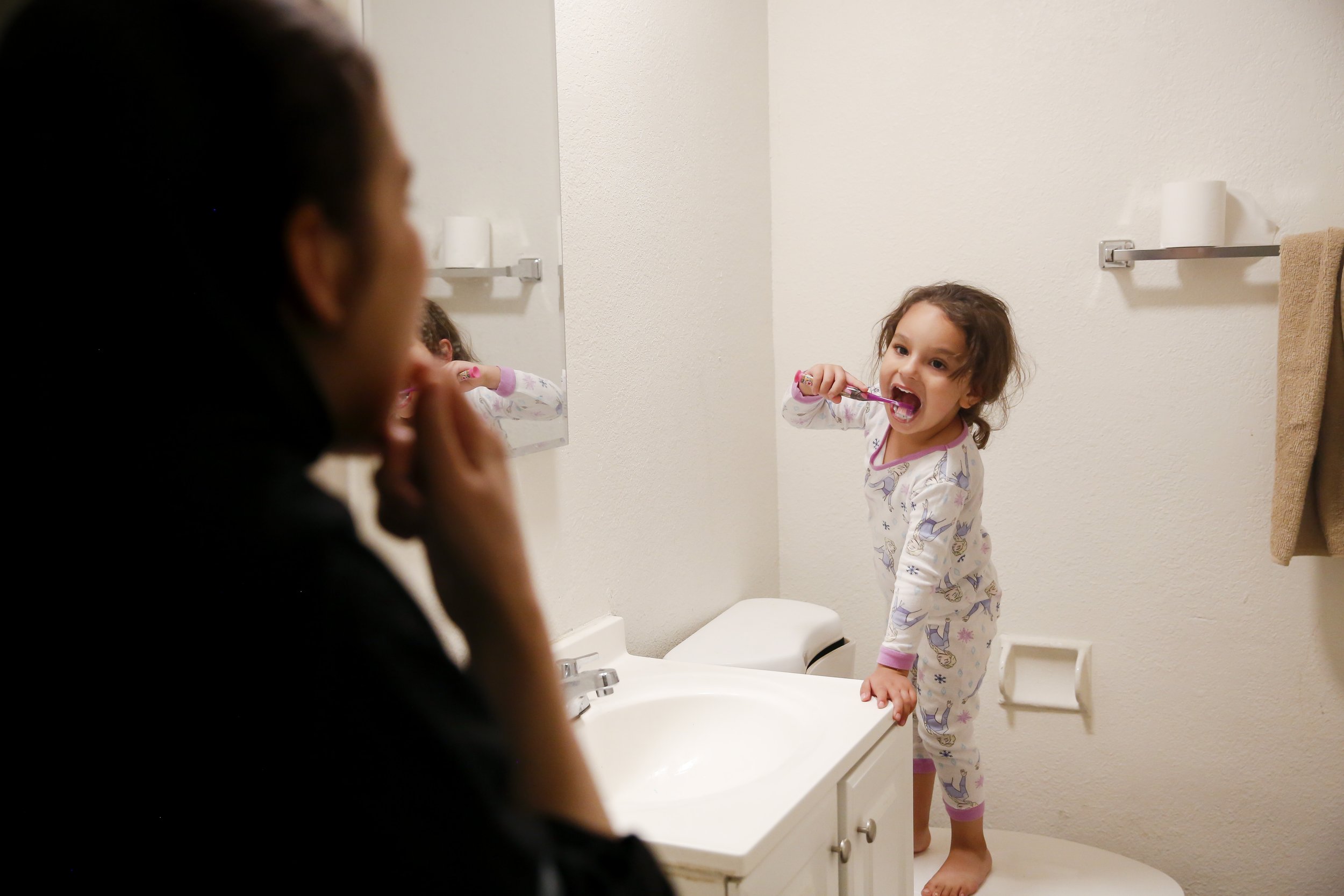
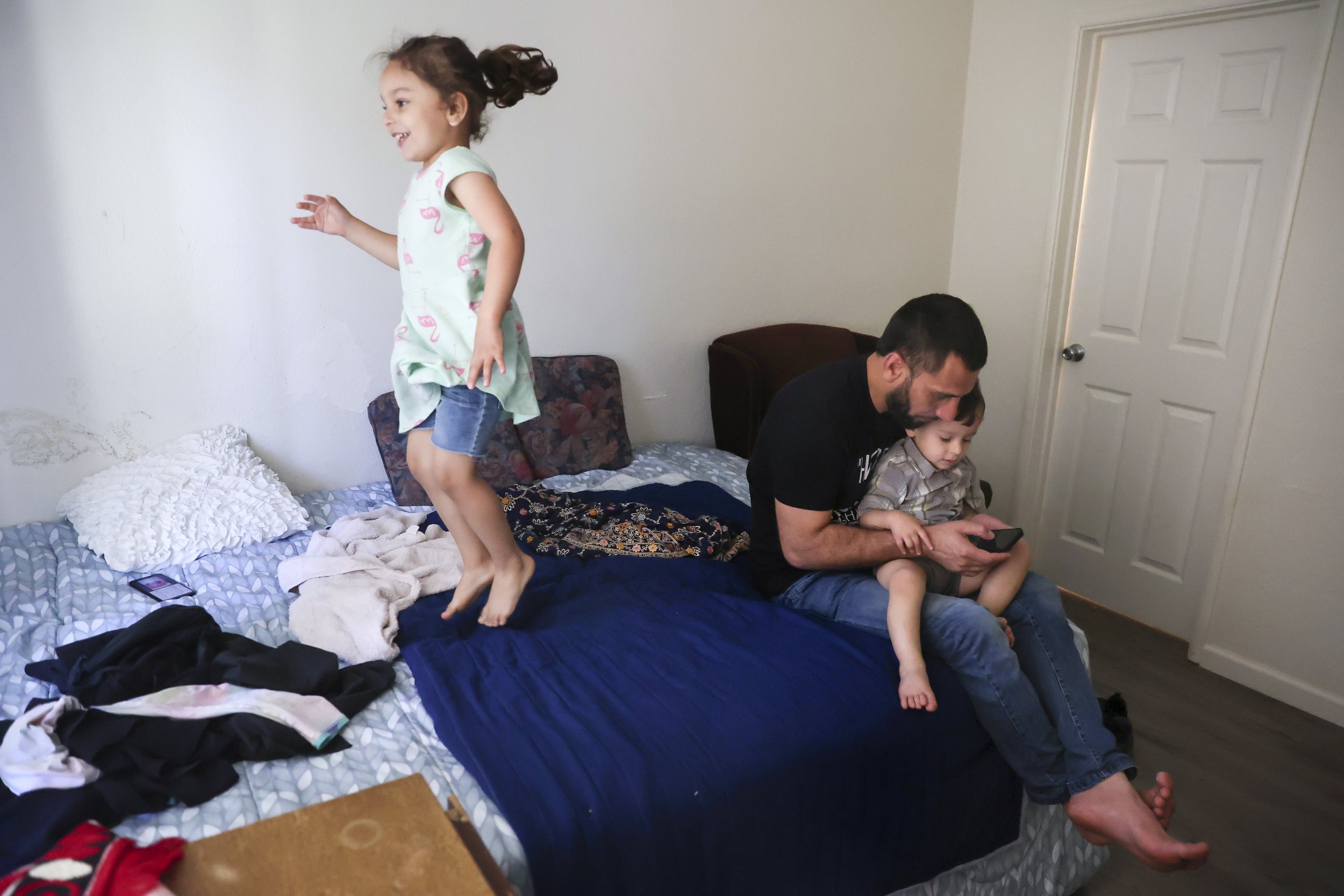
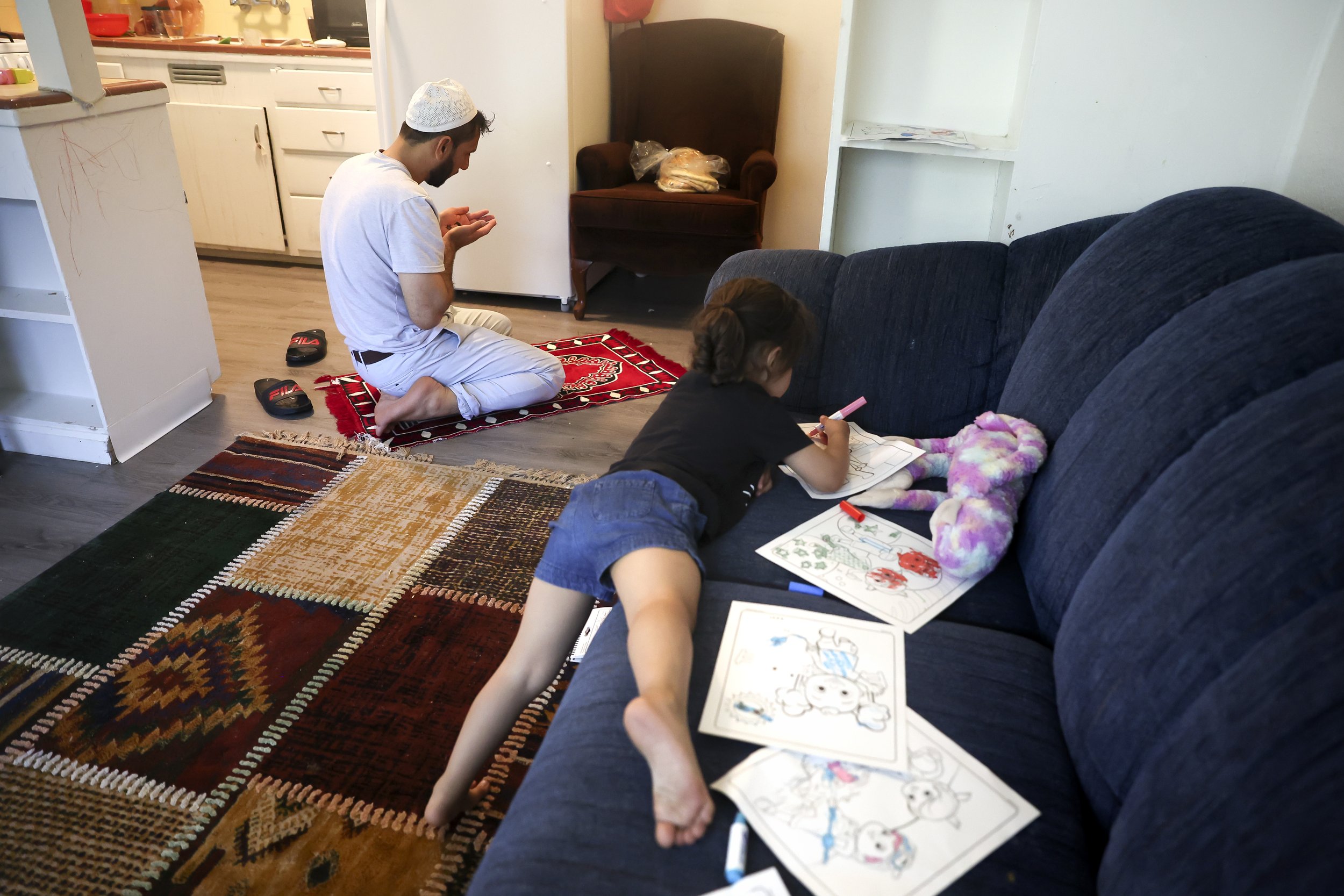
“The evacuation made it significantly more difficult to find housing – both temporary and permanent – in the Sacramento area,” said Kevin Buffalino, communications director for the Sacramento Food Bank and Family Services, which provided resettlement services to Mohammadi. “The influx of people meant that nearly everything was at capacity.”
In July, Mohammadi had an emergency appendectomy, which made the precariousness of his situation hit home even more.
“After my surgery I thought, if I can't work what should I do about my future, about my kids' future?” he said. “I really extremely felt like I was homeless here... I don’t have a stable situation.”
“Every moment,” he said, “I face a problem.”
The most recent problem: a letter informing the family that their rent would soon increase by 10%.
Last month, Mohammadi had an interview via Zoom for a job as a part-time interpreter. He perched on the edge of the bed in their small sparsely furnished bedroom, as Susan wrangled Zahra, who was having a tantrum, Yasar and a crying baby Yusuf next door.
He is waiting to hear back.
